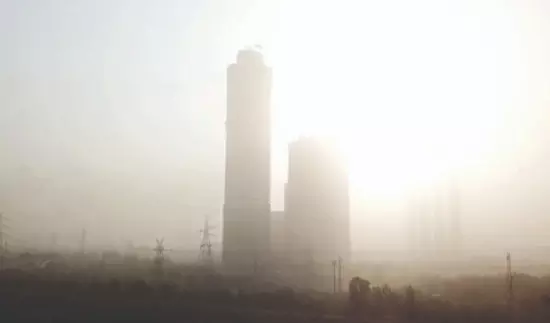DPCC staffing woes continue unabated

New Delhi: The Delhi Pollution Control Committee (DPCC), tasked with monitoring and regulating pollution in the capital, continues to grapple with a significant staffing shortfall despite recent recruitment drives. The Delhi government, in an affidavit to the National Green Tribunal (NGT) on May 20, acknowledged that 34 per cent of posts at the DPCC remain vacant, a figure it hopes to reduce to 25 per cent by the end of June.
The environment watchdog, responsible for enforcing key pollution control measures and operating monitoring infrastructure across the city, has historically operated with a depleted workforce. As of June 2024, 204 out of 344 sanctioned posts remained unfilled. Since then, 83 vacancies have been filled, and the government claims additional recruitment efforts are underway, including appointment letters issued to 10 more candidates and interviews recently conducted for 26 positions.
The staffing crisis at the DPCC has drawn the attention of both the NGT and the Supreme Court. The apex court, in a stern warning on May 19, directed the Delhi government to complete the recruitment process and fill all 204 posts by September 2025. “Delhi faces critical air pollution for at least three months every year,” the court noted, adding that any further delay would be viewed as aggravated contempt.
The DPCC plays a vital role in environmental governance in the city. It manages 24 out of 40 ambient air quality monitoring stations, oversees 31 noise pollution sensors, and conducts testing of water discharged from sewage and effluent treatment plants into the Yamuna. It also monitors industrial compliance with pollution norms and is a key implementing agency for the Graded Response Action Plan (GRAP) during periods of severe air pollution.
Despite its wide mandate, the committee’s functioning has long been hampered by staffing issues, especially at senior levels. Earlier this year, the DPCC released advertisements to fill over 100 positions, including posts for environmental engineers, senior scientists, assistant section officers, and junior assistants.
The Delhi government has directed all departments to expedite the recruitment process and eliminate procedural delays. However, with thousands of pollution-related complaints and critical monitoring responsibilities, the pressure is mounting on authorities to ensure the DPCC is adequately staffed to fulfil its regulatory obligations.



